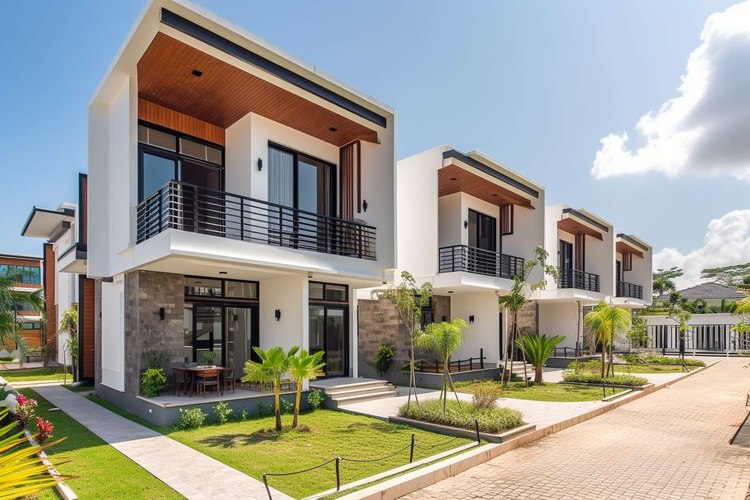What Every Homeowner Should Know About Property Value
Understanding your home’s value is important whether you’re planning to sell, refinance, or simply stay informed about your investment. This article explores the key factors that affect property value and offers practical tips to help you better assess and potentially increase the worth of your home.

What are the main factors influencing property value?
Several elements contribute to a home’s overall value. Location is often considered the most crucial factor, as it impacts accessibility, amenities, and potential for future growth. The property’s size, age, and condition also play significant roles. Market conditions, including supply and demand in your area, can cause fluctuations in property values. Additionally, economic factors such as interest rates, employment rates, and overall economic health can influence real estate prices on a broader scale.
How does location impact your home’s price?
Location is a critical determinant of property value. Homes in desirable neighborhoods with low crime rates, good schools, and proximity to amenities like parks, shopping centers, and public transportation tend to command higher prices. The old real estate adage “location, location, location” holds true because unlike other aspects of a property, location cannot be changed. Factors such as views, proximity to water bodies, and being in a quiet area can also positively impact a home’s value.
What role do real estate market shifts play in property value?
Real estate markets are dynamic and can significantly affect property values. Market shifts can occur due to various factors, including changes in the local economy, population growth or decline, and development in the area. In a seller’s market, where demand exceeds supply, property values tend to increase. Conversely, in a buyer’s market with more homes available than buyers, prices may stagnate or decrease. Understanding these market dynamics can help homeowners make informed decisions about when to sell or invest in improvements.
Which home improvements add the most value?
Not all home improvements yield the same return on investment. Kitchen and bathroom renovations typically offer the highest returns, as these spaces are focal points for potential buyers. Energy-efficient upgrades, such as installing new windows or improving insulation, can also increase a home’s value while reducing utility costs. Outdoor improvements like landscaping and adding a deck can boost curb appeal and living space. However, it’s important to note that over-improving for your neighborhood may not result in a proportional increase in value.
How can you accurately evaluate your home before selling?
To evaluate your home’s value before selling, start by researching comparable properties in your area that have recently sold. Online real estate platforms can provide initial estimates, but these should be used as rough guidelines. For a more accurate assessment, consider hiring a professional appraiser who can provide an unbiased evaluation based on your home’s specific features and local market conditions. Real estate agents can also offer comparative market analyses to help determine a competitive listing price.
What are some lesser-known factors that can affect property value?
Several lesser-known factors can impact your home’s value in surprising ways. For instance, the quality of local schools can significantly influence property prices, even for homeowners without children. Proximity to certain businesses, such as coffee shops or grocery stores, can boost value, while being too close to less desirable establishments may have a negative effect. Environmental factors like flood zones or proximity to power lines can also impact property values. Additionally, future development plans in your area, such as new public transportation routes or commercial centers, can affect your home’s long-term value potential.
Understanding these various factors that influence property value empowers homeowners to make informed decisions about their real estate investments. By staying aware of market trends, maintaining your property, and making strategic improvements, you can work towards maximizing your home’s value over time. Remember that while some factors are beyond your control, focusing on those you can influence can help you protect and potentially increase your property’s worth in the long run.




